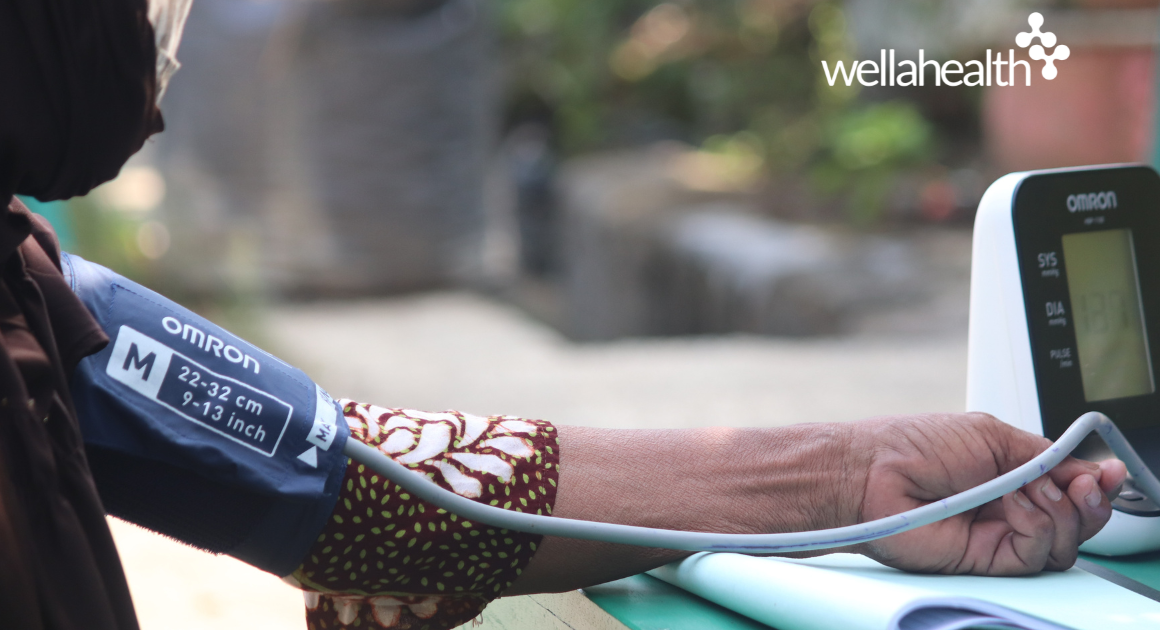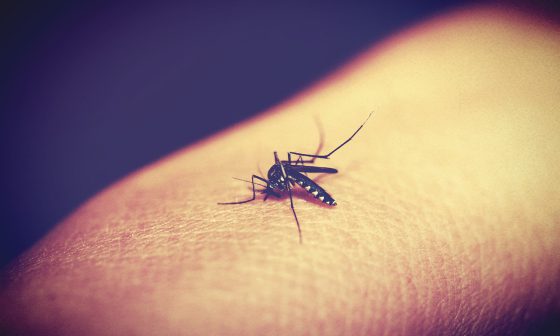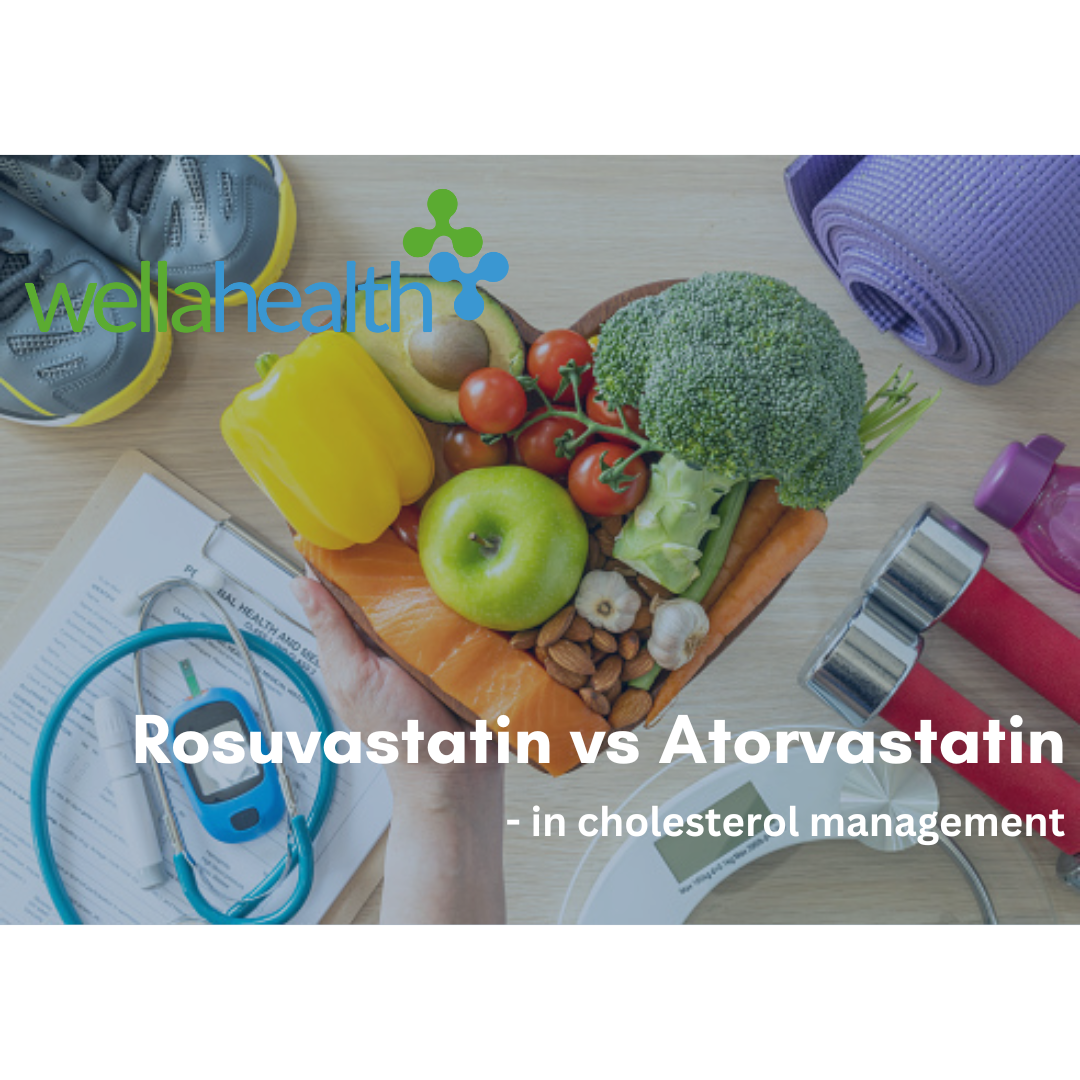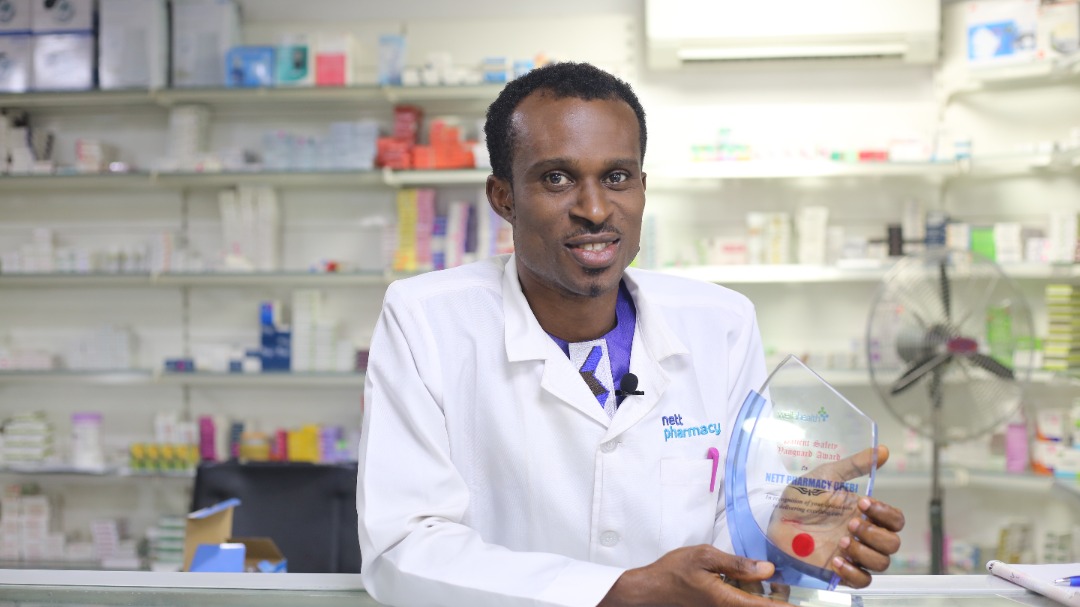‘What you don’t know about high blood pressure could hurt you
If you are amongst the 54 million people in Nigeria with hypertension and high blood pressure, it’s important to understand how it affects your health – and take action today to bring your numbers down to healthier levels. It is very possible to bring the numbers down just by having the right information and being consistent in doing the right things. Do you also know that many people who have the condition don’t know they have it?
You need to know everything about hypertension, it needs to be at the tip of your fingers. Here are the 13 things about hypertension you may not have known.
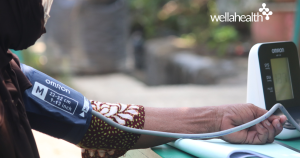
- Hypertension (also referred to as High blood pressure or HBP) is when your blood pressure, the force of blood flowing through your blood vessels, is consistently too high. Blood pressure is the force of blood against the inner walls of your arteries. It has normal fluctuations throughout the day, which fall when you’re relaxed or asleep, rising naturally in the morning, and increasing temporarily when you’re under stress, excited, or exercising. But when you are resting, your blood pressure level rises too high, it can scar, stiffen and/or weaken blood vessels.
- Having high blood pressure (BP) on one reading isn’t a confirmation of hypertension during a blood pressure check. Your health care provider will likely take 3 – 4 BP readings each at 3 or more separate appointments before diagnosing you with hypertension. This is because blood pressure normally varies throughout the day, and it may be elevated during visits to the hospital, etc.

Bonus: Laboratory tests are actually done for hypertension. These include urinalysis, blood cell count, blood chemistry (potassium, sodium, total cholesterol, and HDL cholesterol), and an electrocardiogram.
Learn more; The Truth About Hypertension
- A lot of people who have high blood pressure don’t know it. Hypertension rarely has noticeable symptoms. It is sometimes called “the silent killer”. Because many people feel fine, they don’t think they need to get their blood pressure checked. If untreated, it increases your risk of problems such as Heart attacks, Heart failure, Strokes, Vision loss, Sexual Dysfunction & Kidney failure. The only way to know is to check your blood pressure regularly. Talk to your doctor (link) about your risk for high blood pressure.
- Drinking too much alcohol and sometimes caffeine can raise blood pressure. This is because caffeine is a stimulant. Regular caffeine consumption doesn’t typically raise your blood pressure, but it may be a factor for people who ingest it in high amounts from things like soda, coffee, or energy drinks”. Alcohol, on the other hand, does have an impact. Excessive alcohol intake can raise blood pressure. Reducing alcohol consumption to no more than 2 drinks per day for men and 1 drink per day for women can have a positive impact on your blood pressure, it can reduce systolic blood pressure by 2 to 4 mm Hg.
- You might say; I don’t need to worry about hypertension since I’m so young. This is not true. Young people can have high blood pressure, too. It doesn’t just happen to older adults. It happens to older adults more because their arteries naturally stiffen as they age, and that increases the resistance within the arteries, which increases blood pressure. Nearly 1 in 4 adults aged 20 to 44 have hypertension. Experts think the increased risk for stroke in this age group is a direct result of the rising rates of obesity, high blood pressure, and type 2 diabetes (link)—conditions that are preventable and treatable. Even children and teens are not left out. they can also have high blood pressure, possibly because of an increase in childhood obesity.
- The timing seems to matter. Evidence suggests that having uncontrolled high blood pressure during midlife (ages 44 to 66) creates a higher risk for dementia later in life. The takeaway? It’s never too early to start thinking about your blood pressure and taking steps to manage your high blood pressure.
Get started, talk to medical personnel now
- Black people like Africans & Afro-Americans have a higher risk of having high BP. In Nigeria alone, there are more than 1.6 million cases a year.
- Ask your healthcare team how often you should check your blood pressure. You can get your blood pressure checked at a doctor’s office or pharmacy (link), and you can check it at home if you have a home blood pressure monitor.
- There are 2 main types of Hypertension (HTN)
-
-
- Primary HTN: Has no known cause but may be linked to family genes, lack of exercise, bad diet, etc.
- Secondary HTN: Due to known causes like kidney disease, thyroid problems, etc.
-
- Here are 5 important symptoms of high BP you shouldn’t forget;
-
-
- Headache
- Nosebleeds,
- Weakness/Dizziness
- Chest pain
- Shortness of breath
-
- Do these things increase your risk of having high BP?
-
-
- Being above 65 years,
- Stress,
- Black people,
- Overweight or Obese,
- Family History,
- Lack of Exercise,
- Smoking,
- Alcohol abuse,
- Eating too much salt &
- Kidney disease.
-
- These are the following things you should carry out to improve your lifestyle hence, preventing hypertension.
-
-
- Eat foods with less salt, more fruits & veggies
- Exercise often
- Take your BP drugs
- Reduce stress
- Have enough sleep
- Don’t smoke
- Limit alcohol
- Have a home BP monitor
- Check your BP often
- Reduce your SALT intake (note this)
- Bring your weight within the normal range
- Don’t smoke
- Reduce alcohol
- Eat plenty of fruits & vegetables
- Stop Panicking or Over Thinking
- Exercise often
-
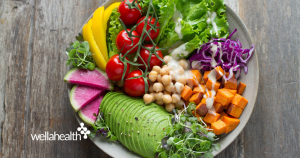
- Research studies have proven that blood pressure also fluctuates with the weather. It stays on lower margins in the summer and at a higher range in winter. This is because, at a lower temperature, the blood vessels become constricted, and so they exert more pressure to normalize the flow of blood.
What WellaHealth is doing to support hypertension control.
Read this story about how WellaHealth is bringing Healthcare to everyone
You have to be intentional with your health, especially when it comes to hypertension because it doesn’t have direct symptoms. If you don’t look out for yourself, no one will. WellaHealth is always invested in helping everyone look out for their health with easy healthcare services. If you want to learn how to prevent, manage or treat hypertension, do the following;
- Join our community
If you’re 20 – 30 years with no history of hypertension, check your BP at least once every 2 years. If you’re 40 years & above or you’re 18-39 years with a high risk of hypertension, check your BP at least once every year. Join our community to access full support from community members and community managers.
- Register with N600 to access healthcare services for you and your family
- Get your blood pressure checked regularly, lower your risk of getting hypertension, and take action to control it if it is high.
- Talk to a doctor one on one any time of the day even without prior booking, even in emergency situations. Schedule a call here.
- Have access to medications any time of the day with our WellaHealth plans which allow you to walk into any of our registered pharmacies to get medications. Search for pharmacies close to you.
